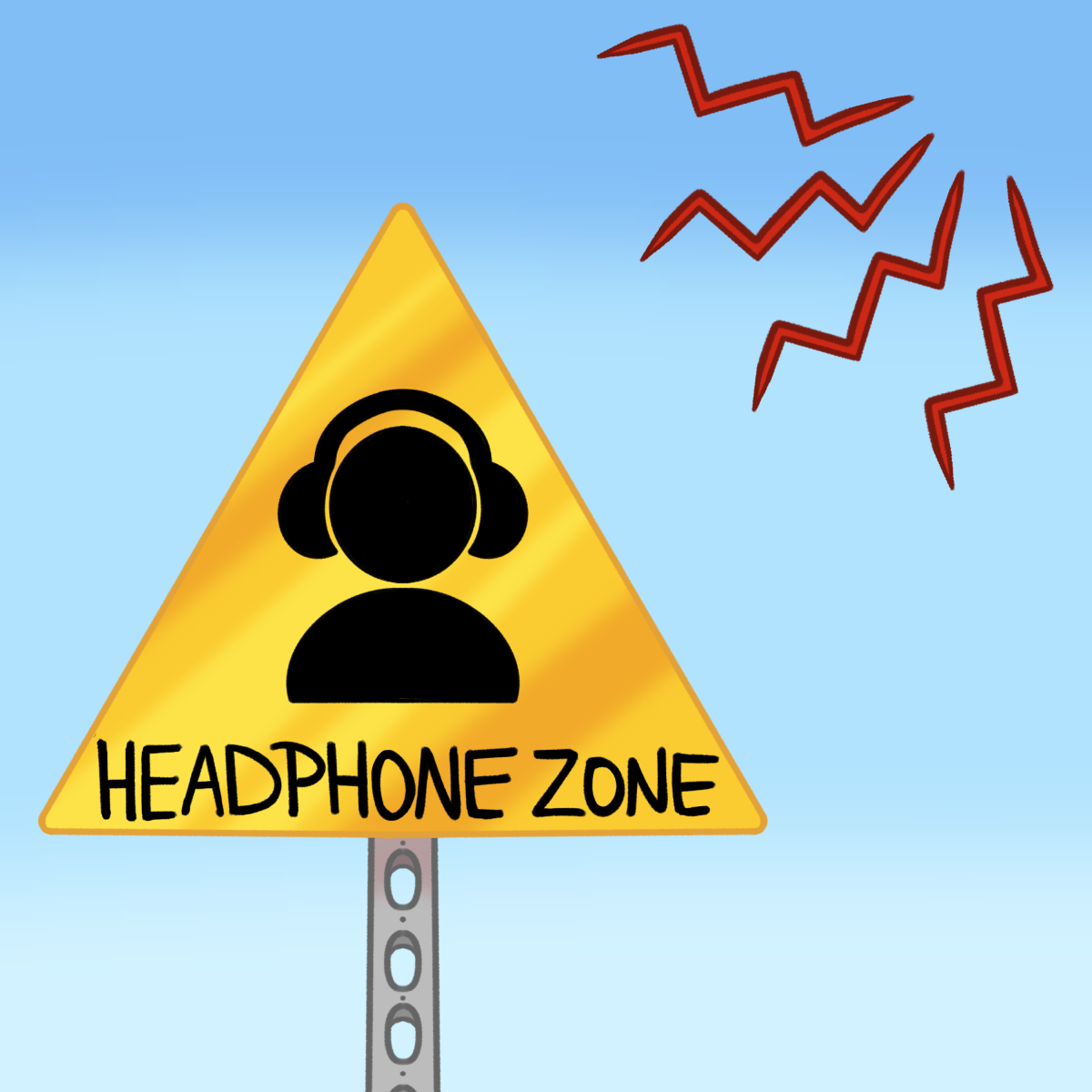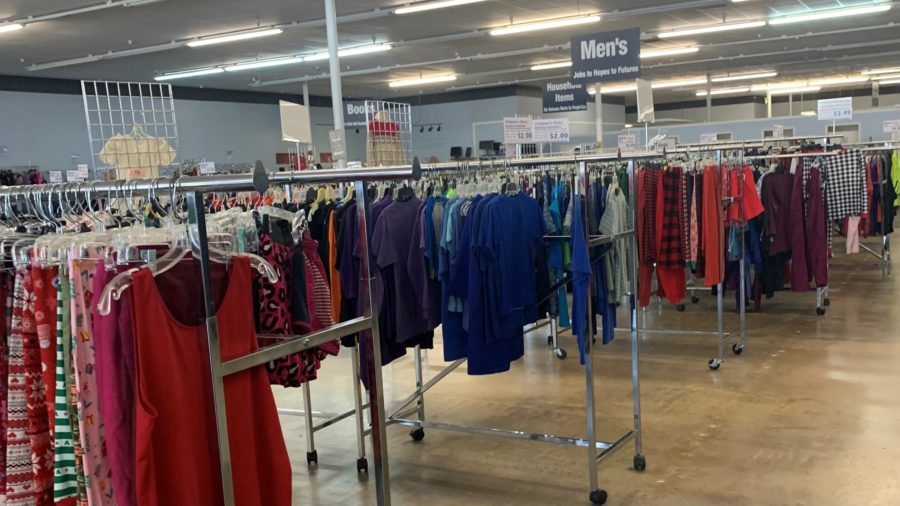Krista Hanson
Viewpoints Editor
As an English major at Northwestern State University, my dream is to one day work in a publishing company with authors getting books ready to be sold. Because of their fast shipping and low prices, Amazon has become one of the most prominent companies for consumers to shop for books. However, buying books on Amazon has been doing more harm for publishing companies than buyers are aware of.
Before we can get into why any of this matters, it’s important to talk about where people are getting their books. None of this would be an issue in the first place if Amazon didn’t make up the majority of book sales. The Atlantic conducted a survey in March of 2014 that found Amazon controlled 64 percent of the online sales of printed books.
In 2014, Forbes also revealed Amazon had a $5.25 billion annual publishing revenue while Penguin Random House, considered the biggest publishing house in the industry, made an annual revenue of $3.3 billion dollars.
While Amazon’s revenue is rising, publishing houses like Penguin Random House have continually lost revenue.
In a Vox article highlighting the biggest issues in the way Amazon sells books, Constance Grady wrote, “Amazon made a small change to the way it sells books. Publishers are terrified.”
When making a purchase on Amazon in the past, the buyer could just press add to cart without looking further into the details of the product. Buying books straight from Amazon meant a percentage of the sale goes back to the publisher who can then pay the author.
However in 2017, Amazon changed their default seller when a customer clicks add to cart to whoever can pay the most money. These third-party sellers get the highest bid to become the default seller on Amazon, meaning none of the money from the sale goes back to the publisher.
This ultimately means authors are also not being paid. Even the publishing companies are not sure how these third-party sellers are getting their books, but in the end, the people who worked on the books are not being compensated for it. Pushing third-party sellers doesn’t even account for the amount of work Amazon is doing to push books published under their company.
So publishing companies are losing some money, why should we care? Amazon is a great resource that offers delivery to almost anywhere. But not everything is as great as it seems.
Our first issue is if the default seller is out of stock of a certain book, it looks like the whole website is out of stock. While this seems like a minor inconvenience, ultimately it makes it more difficult for customers to find what they’re looking for.
Another issue is when publishers don’t make enough money they are less likely to release as many books, ultimately resulting in less books on the market entirely. Amazon is also on a path to drive down the price of books in the long run. While up front, as a customer, cheaper books look great, this results in it being hard for authors to make a living through publication. The less authors, the less books.
The path Amazon is creating for publication will ultimately create less books on the market and Amazon Publishing will be the only option.
It’s easy to go on and on about the dreadful things Amazon has done to the world of publishing. As an avid reader and someone excited to be a part of publishing, I am now even more interested in what readers can do to help publishing companies and authors make their money.
When buying books, the best way to make sure money is going back to the publishers is to buy from sources that guarantee profits are going back. This can include purchasing books from chain bookstores or buying them straight from the publishing company itself. Another way to help is to support individual authors you care about through possible side projects or events they hold.
I know it’s easy to shop for books on Amazon for many reasons. If you do choose to buy books from Amazon, make sure your books are coming from Amazon itself. They buy their books from the publishing company while these third party sellers do not. If you make sure your books aren’t coming from these third-party sellers, you can help these companies pay their authors and produce more books for readers, like you.































